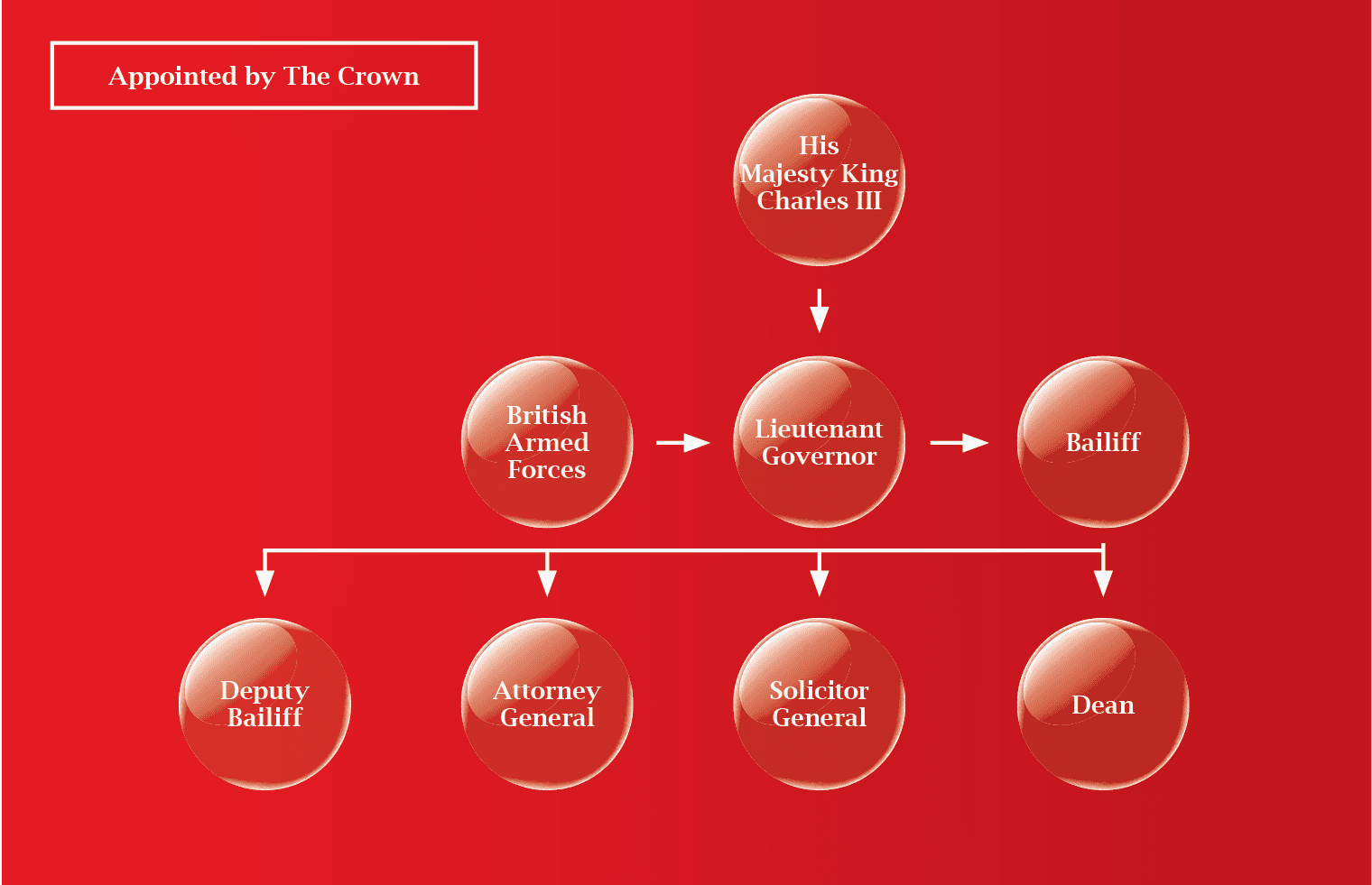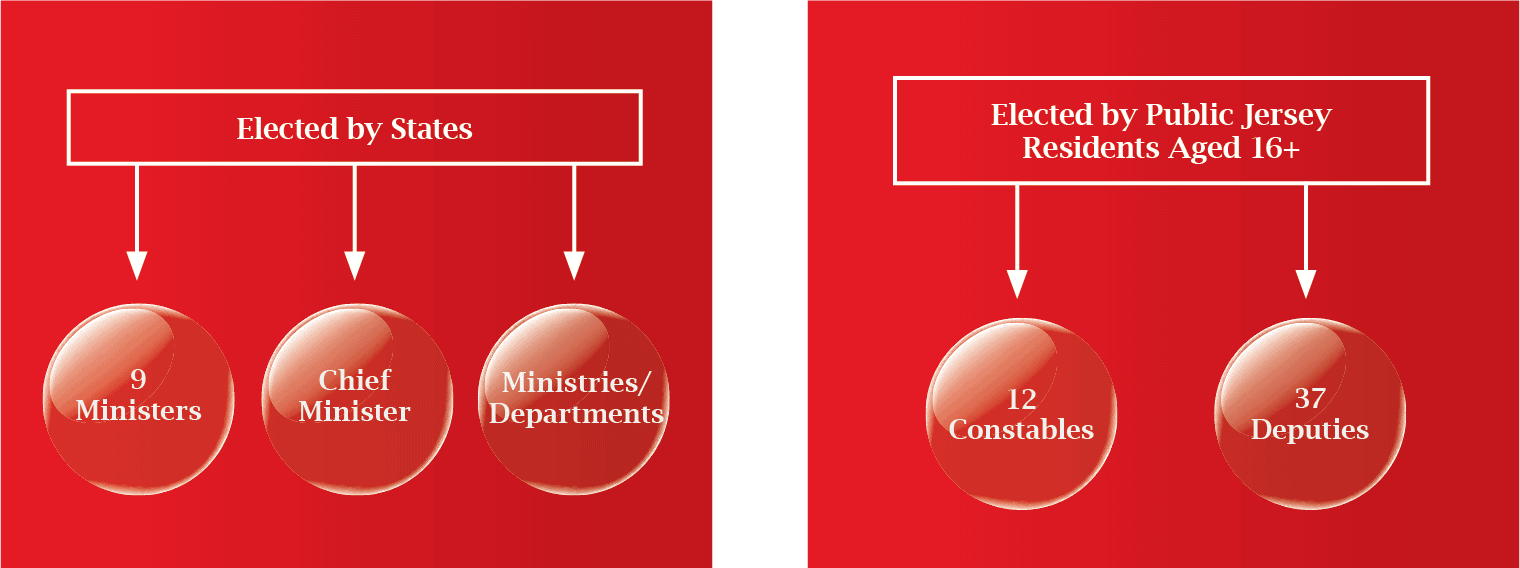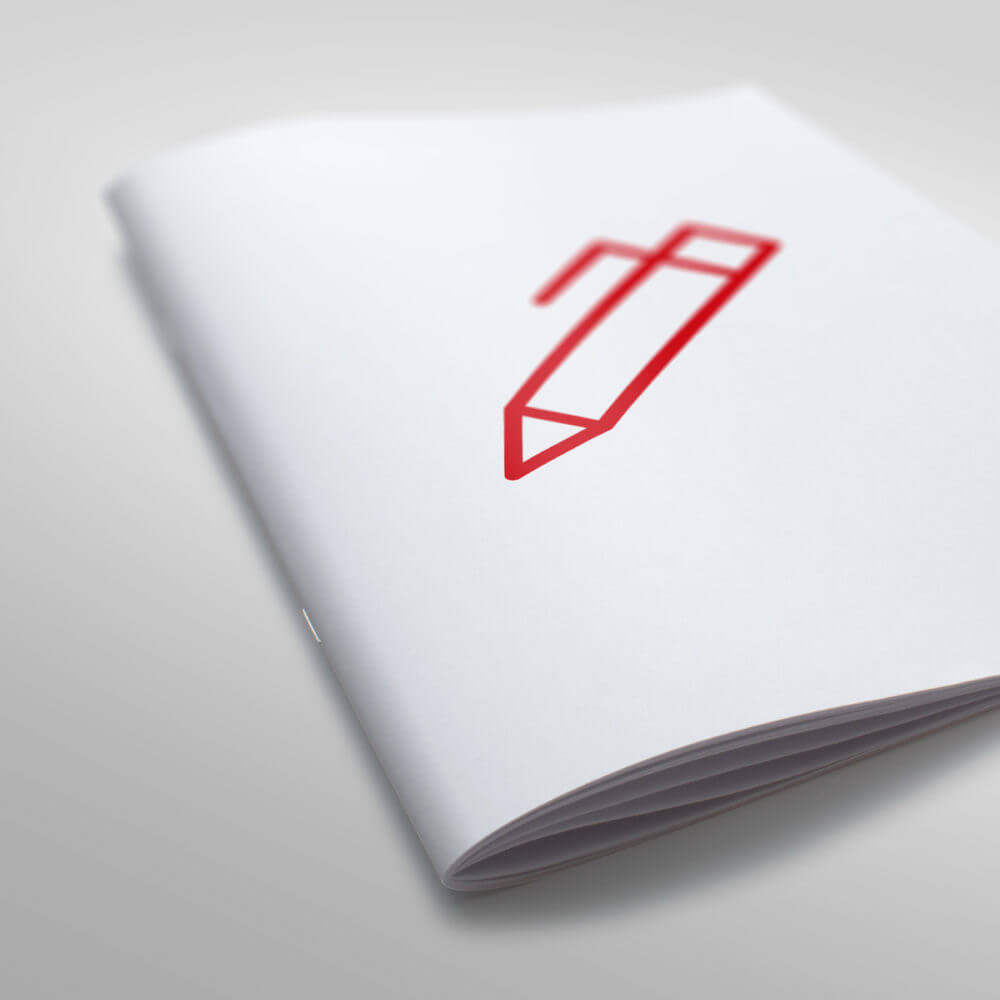A brief history
The Bailiwick of Jersey, consisting of the Island of Jersey and its surrounding smaller islands, reefs and rocks, is the largest and most populous part of the Channel Islands.
Along with Guernsey and the Isle of Man, Jersey is one of three Crown Dependencies whose allegiance to the English Crown (The Crown) has spanned over 800 years of warfare, modernisation and political turmoil. As a Crown Dependency, Jersey is not a colony or an Overseas Territory of the United Kingdom (UK).
In 1204, King John lost the Battle of Rouen against the French King Philippe-Auguste. The defeat signalled the loss of continental Normandy, united with The Crown since the invasion of England by William the Conqueror in 1066.
The Channel Islands, part of the Duchy of Normandy for more than a hundred years at that point, were persuaded to side with King John.
Islanders were given the right to be governed by their own laws, with the King instructing them to select 12 men as Jurats to form the Island’s Royal Court with the Bailiff and preside over criminal and civil justice. A warden, later to become Governor, was appointed by the King to organise the defence of the Island.
Jersey’s current constitution
Jersey is a self-governing parliamentary democracy under the ultimate sovereignty of The Crown. It has its own independent legal, administrative and fiscal systems and is not part of the UK, Great Britain or EU. The ability for Jersey to determine its own laws, raise taxation, and hold elections is based on long-standing constitutional precedent.
Jersey does not receive subsidies from or pay contributions to the UK. It does however make annual voluntary contributions towards the costs of defence and international representation by the UK.
The Monarch has a representative in Jersey, the Lieutenant Governor, who ensures the good governance of the Island and works alongside:
- the Dean of Jersey, the leader of the Church of England in Jersey;
- the Bailiff, the President of the States who acts as Speaker of the Assembly in the Westminster tradition. The Bailiff is also President of the Royal Court and civic head of the Island with responsibility for official communication with the UK authorities; and
- the Attorney General – legal adviser to the Government, the States Assembly, States Departments and The Crown
The States Assembly
The States Assembly has the power to: pass and amend laws and regulations; approve the annual budget and taxation; appoint and remove the Chief Minister, Ministers, presidents and members of committees, and debate matters proposed by the Council of Ministers or by individual members. Members are also able to ask questions in order to scrutinise the work of the Government.
From July 2022 (as per changes to the Law, voted in on 21 April 2021) the States Assembly comprises:
- 12 Connétables (Constables): each Parish (administrative district) is led by a Connétable who has a dual role as both head of the Parish and member of the States of Jersey; and
- 37 Deputies: representing the interests of their electoral constituencies (of which there are nine) in the States as well as engaging in wider issues affecting the whole Island.


The Government of Jersey
The Jersey ministerial system of government was introduced in 2005. Executive powers are exercised by the Chief Minister and nine Ministers, who are elected from among the Assembly and are known collectively as the Council of Ministers. Ministers are accountable to the assembly for the conduct of their departments.
Agreements signed between the UK and Crown Dependencies in 2007/8 governing the process of extending international agreements by consent, as well as the approach to the representation of the Jersey’s particular international interests, has helped to lay the groundwork for Jersey forging its own international identity.
While not a sovereign state, Jersey has been expanding its treaty network with global partners in limited areas, in which it is granted an ‘entrustment’ to do so by the UK Government, on behalf of The Crown.
The Island has, for example, signed a number of Double Taxation Agreements (DTAs) and Tax Information Exchange Agreements (TIEAs) to promote transparency and information exchange, to provide tax certainty to residents and investors, and to support reciprocal investment.
What is The Crown responsible for?
- Granting Royal Assent to the Island’s legislation
- Military defence of Jersey
- Representing the international interests of Jersey, as it is not a sovereign state
When does UK legislation extend to Jersey?
UK legislation rarely extends to the Crown Dependencies and if it does, it is only where the Island’s authorities have been consulted in advance and given their consent. The Ministry of Justice provides guidance to government departments about the prior engagement with the authorities in each Crown Dependency. Where appropriate, legislation is normally extended through an Order in Council made under an enabling provision in the Act known as a ‘Permissive Extent Clause’, which allows for appropriate modification in how the Act is applied. It is even rarer (only for example in the case of British nationality laws) for an Act of the UK Parliament to be intended to apply in and of itself. For legislation to take effect in Jersey, it must be submitted for registration by the Royal Court of Jersey.
The UK Government has consistently adopted a non-interventionist policy regarding Jersey’s affairs. The Kilbrandon Report 1973 stated that The Crown has ultimate responsibility for the good government of all the Crown Dependencies (including Jersey) and that good government would only be called into question in the most serious of circumstances, such as the fundamental breakdown of public order or endemic corruption in the government, legislature or judiciary.
What about the EU?
Jersey is not, and nor has it ever been, a member of the European Union. Jersey’s relationship with the EU was enshrined in ‘Protocol 3’ of the UK’s Accession in 1972, and now in the UK-EU Trade and Cooperation Agreement (TCA) following the UK’s departure from the EU.
